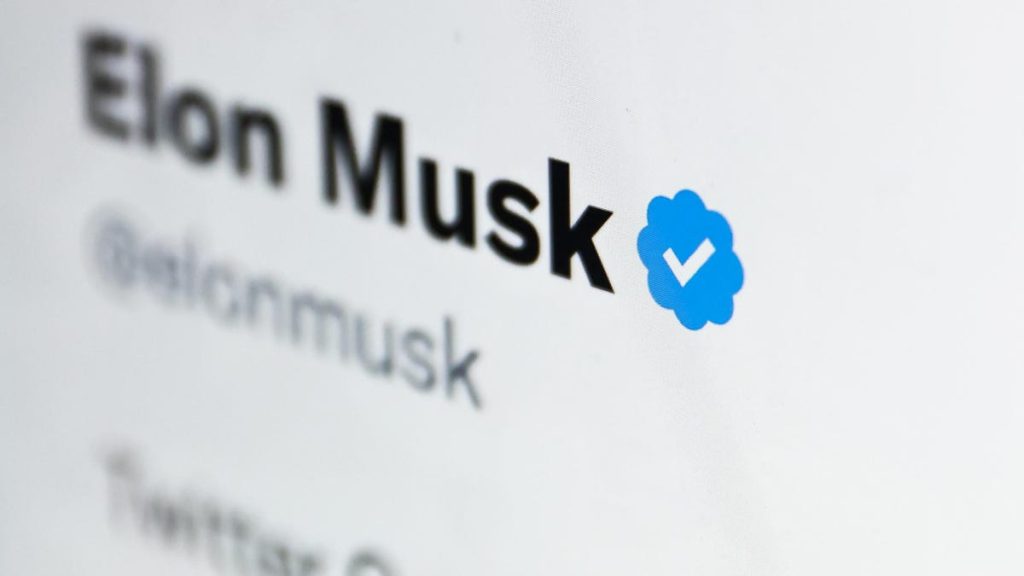Visa
V
Pay Names
The idea of using some kind of unique personal identifier to route payments (a “pay name”) is not new and there are different kinds of pay names out there now. I set up $dgwbirch on Square Cash, for example, and you can pay my invoices through paypal.me/15MbLtd if you want to, and if you want to donate to my favourite charity (the Dave Birch Holiday Home in the South of France Emergency Appeal Fund) then you can give generously to dgwbirch.eth rather than having to copy and paste an Etherum address from somewhere.
Similarly, some instant payment systems already have identifiers rather than the routing codes and account numbers that we use in the U.K. In Australia, for example, you can send instant payments from your bank to an account number in the conventional fashion or to an e-mail address, a phone number, a business number or (for companies) an individual identifier and Brazilians can zip money through Pix to a phone number, a tax identification number or an e-mail address.
These identifiers all domain specific though: I can’t send money from my PayPal account to $dgwbirch at Square. But what if you could have one pay name for all payment methods?
I’ll explain why this is desirable using an example from a few years ago when I wrote a piece for the Financial Times trying (unsuccessfully) to persuade British banks to do something helpful in this area by creating Virtual Account Numbers (VANs) so that customers could keep the same bank account number when switching banks, just as you can keep the same mobile number when switching operators. I suggested that a straightforward and highly-desirable extension to such a scheme would be to allow consumers to make direct payments to a mobile phone number or e-mail address or Facebook name or Instagram handle or whatever else they had registered against the VAN.
Thus it would work something like this. I have a Barclays account. I log in to the VAN system and select that account number. The system bounces me to Barclays for authentication via open banking. Once this is done, I am returned to the VAN system where I can now claim the VAN pointing to that Barclays account. Now I can select a pay name. First of all I try £dave, but it turns out that it’s already been allocated. I try again and get £davebirch.
The next time I take out a mobile phone contract, instead of trying to remember my bank account details, I can just type in “£davebirch”. I can now tell my employer to pay me at “£davebirch”. If I change bank accounts, I log in to the VAN system again and change from my Barclays account to my new Metro account: I don’t need to inform the mobile phone operator, my employer or anyone else. Simple.
There are people other than banks, Visa or SWIFT or other “traditional” networks who might want to provide those pay names. If FedNow really wants to make account-to-account instant payments part of every day life for the average American, pay names might be way to do it. I contributed to a response to the Federal Reserve Banks’ Public Consultation Paper on “Payment System Improvement” with a just such a suggestion, calling for the Fed to look into a generalised identification system for payments, because a “payment name” is more secure and more convenient for consumers.
Tweet Me The Cash
It need not be banks only though. My Twitter handle would be an excellent pay name (and, who knows, could become an integral part of Mr. Musk’s plan to make his platform indispensable). Vanity pay names, just like vanity licence plates, might also be a good way for such a platform to generate revenues: How much would some billionaire somewhere pay for the twitter handle @007 if it was a pay name? How cool would it be to go to your bank app, choose “send money” and then put in @dgwbirch and be told within a second or two “yep, they have the money”. The bank sends the money via FedNow to Twitter, Twitter pays a few cents to the bank and then Twitter sends the money to my Venmo account, my Ethereum
ETH
AXP
For my $10 per month Twitter “verified plus pay name”, that starts to look appealing. If people could send money to my blue tick, I might actually pay for one.
Read the full article here





